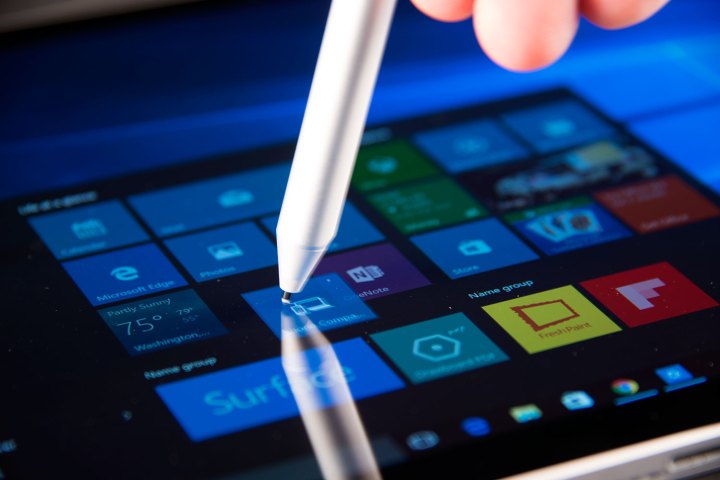
Released on behalf of the Surface team, a post on the community section of Microsoft’s Answers site makes reference to the “less-than-perfect experience” some users have reported with the recently released Surface Book and Surface Pro 4.
The apology goes on to state that Microsoft is committed to responding to user feedback, having distributed several updates since the launch, with more fixes still in development. It’s stressed that all users should ensure that they’re completely up-to-date with these patches, as they’re capable of fixing some of the issues being reported.
Both the Surface Book and Surface Pro 4 were released in October, and by November we saw an update released that attempted to fix freezing issues — but other problems remained. An update distributed in early December remedied graphics errors, but even that patch couldn’t perfect the experience completely.
Executing a large-scale product release in the fall certainly suggests that Microsoft had high hopes for robust holiday hardware sales. Anyone opening up a Surface Pro 4 or a Surface Book on Christmas morning will likely have to spend a little time downloading the necessary updates.
The question is, how long will consumers wait before they lose their patience with Microsoft? Early adopters will have had these devices in their hands for around two months now, and it has to be very frustrating to see that the company is still unable to completely remedy its shortcomings, even despite its best efforts.
We’re among those frustrated. While the Surface Pro 4 scored well in our initial review, lingering issues — some of which only appeared recently — have taken some of the shine off the device. Microsoft nailed the hardware, but the software has become a bit of a problem.
Editors' Recommendations
- Surface Pro 10: all the major changes rumored for the new model
- Microsoft’s next event could reveal the Surface Pro we’ve been waiting for
- Microsoft may fix the most frustrating thing about Windows updates
- Apple’s Vision Pro to get bespoke Microsoft 365 apps at launch
- The 4 biggest concerns I still have about the Vision Pro


